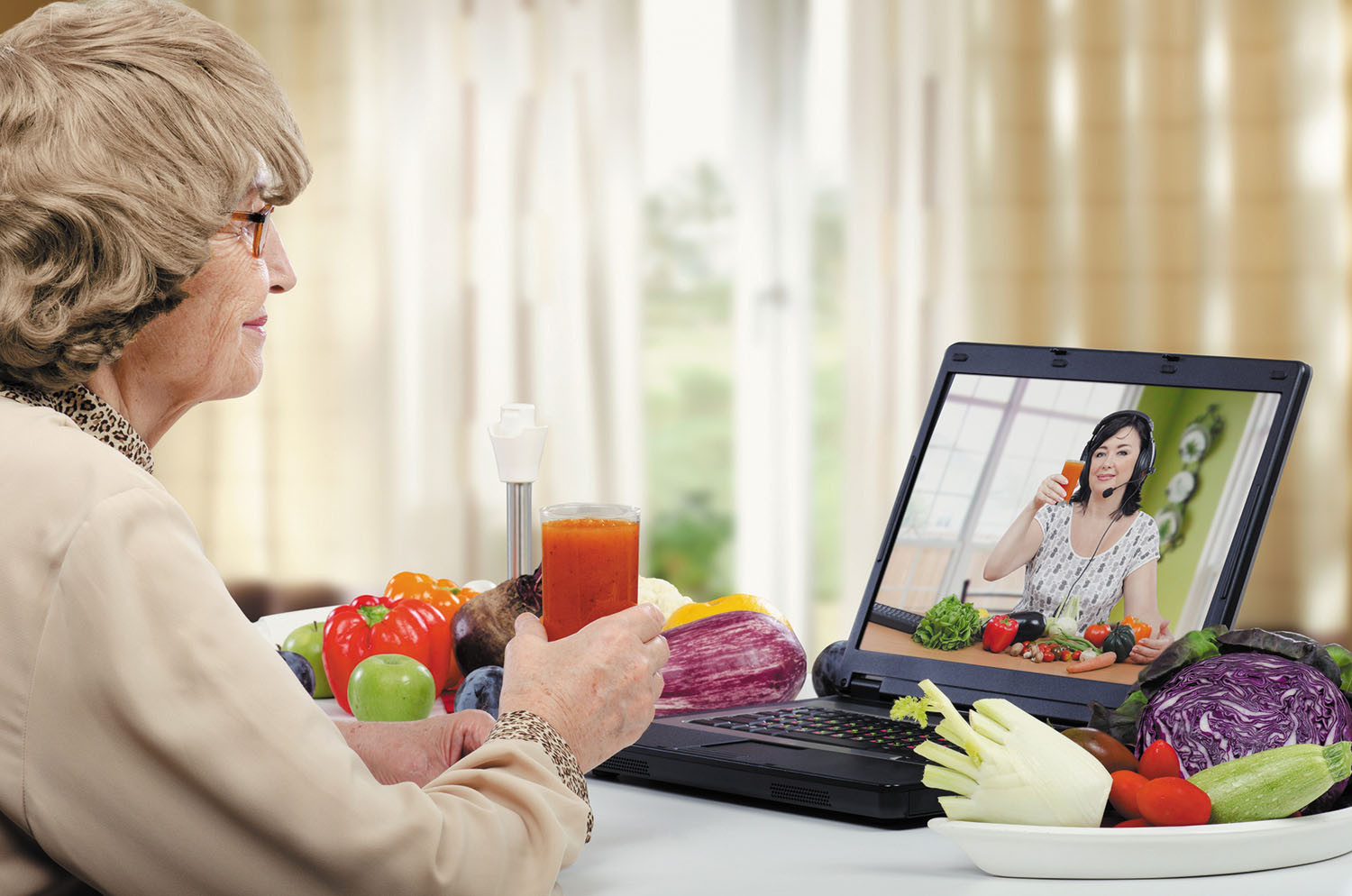
How — and why — to fit more fiber and fermented food into your meals

UTI in older women: Why postmenopausal women are susceptible to urinary tract infection, and what to do about it

Can a routine vaccine prevent dementia?

Some adults may need a measles booster shot. Who should get one and why?

Less butter, more plant oils, longer life?

Healthier planet, healthier people

Counting steps is good — is combining steps and heart rate better?

Appendix pain: Could it be appendicitis?

Can saw palmetto treat an enlarged prostate?

How does Ozempic work? Understanding GLP-1s for diabetes, weight loss, and beyond
Staying Healthy Archive
Articles
Considering collagen drinks and supplements?
Celebrities and influencers claim that consuming collagen could have miraculous benefits for skin, hair, and nails. But what does the science say?
Fall allergen alert
Ragweed pollen and mold spores are common causes of allergies during the fall months. Breathing them into the lungs may cause the body to overreact, leading to classic allergy symptoms of a runny nose, watery eyes, and sneezing.
No coughing matter
Experts say many over-the-counter cough medicines are ineffective, and that those suffering from a cold-related cough should take an antihistamine with a nasal decongestant.
Extra support for better health
A variety of coaches can help people reach their particular health goals. Health and wellness coaches inspire and guide clients to shift their mindset and develop new, healthy behaviors. Fitness professionals—such as personal trainers or exercise physiologists—develop and prescribe exercise regimens to help clients. Dietitians develop eating plans tailored to clients’ needs, such as weight loss or gain, or preventing or treating chronic disease. And culinary coaches use coaching principles and cooking expertise to teach people how to shop for and prepare healthy meals.
5 tips to get your eating habits back on track
Eating healthy during the COVID-19 pandemic has been a challenge for some. But using simple strategies, such as building meals from three categories (a protein, a vegetable, and a carbohydrate) and aiming to ensure that at least half of your plate includes healthy options. It’s also a good idea to keep food out of sight to avoid mindless eating if you are spending more time at home.
Don't let muscle mass go to waste
Age-related muscle loss is a natural part of getting older. But muscle loss can occur faster after an injury, illness, or any prolonged period of inactivity, leading to muscle atrophy. The consequences can mean overall weakness, poor balance, and even frailty. The good news is that it's possible to rebuild lost muscle through a comprehensive program that includes physical therapy, strength training, cardio, flexibility, and a nutrition plan that includes more protein and calories.
Vitamin D supplements linked to lower risk of advanced cancer
A study published by JAMA Network Open found that people taking vitamin D supplements were less likely to have a cancer that spread from the original tumor site to another part of their body or one that proved fatal. However, this risk reduction was only seen in people who were at a normal weight, not those who were overweight or obese. The study did not find that people who took vitamin D were less likely to develop cancer over all compared with those who did not.

How — and why — to fit more fiber and fermented food into your meals

UTI in older women: Why postmenopausal women are susceptible to urinary tract infection, and what to do about it

Can a routine vaccine prevent dementia?

Some adults may need a measles booster shot. Who should get one and why?

Less butter, more plant oils, longer life?

Healthier planet, healthier people

Counting steps is good — is combining steps and heart rate better?

Appendix pain: Could it be appendicitis?

Can saw palmetto treat an enlarged prostate?

How does Ozempic work? Understanding GLP-1s for diabetes, weight loss, and beyond
Free Healthbeat Signup
Get the latest in health news delivered to your inbox!
Sign Up











